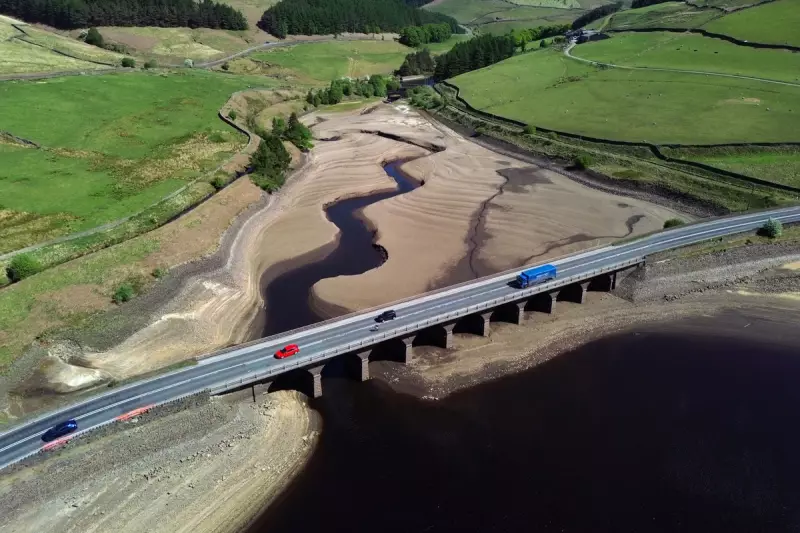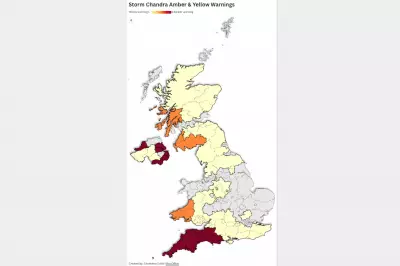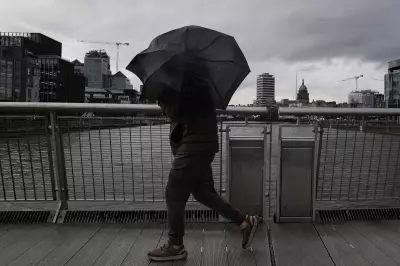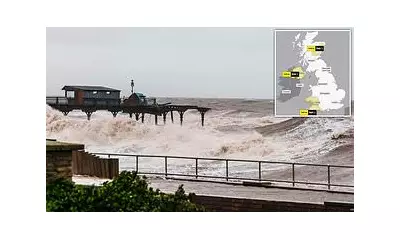
The Midlands is now officially in a state of drought, the Environment Agency has confirmed, as prolonged dry weather continues to strain water supplies across the region.
With rainfall well below average and reservoir levels dropping, officials are urging both households and businesses to reduce non-essential water use to prevent shortages.
Why Has the Drought Been Declared?
The decision follows weeks of exceptionally dry conditions, with some areas receiving less than 50% of their typical summer rainfall. Rivers and groundwater sources are at critically low levels, prompting the Environment Agency to escalate its response.
What Does This Mean for Residents?
While no immediate hosepipe bans have been issued, water companies are closely monitoring the situation. Residents are advised to:
- Avoid watering gardens during peak hours
- Fix leaking taps and pipes promptly
- Take shorter showers instead of baths
- Use watering cans rather than hoses
Impact on Agriculture and Wildlife
Farmers across the Midlands are reporting significant challenges, with crops struggling in the arid conditions. Wildlife habitats are also under threat as ponds and streams dry up.
"We're seeing unprecedented stress on local ecosystems," said one conservation officer. "Species that rely on wetland environments are particularly vulnerable right now."
Looking Ahead
Meteorologists warn that without substantial rainfall in coming weeks, restrictions on water use may become necessary. The Environment Agency is working closely with water providers to implement drought plans while hoping for autumnal rains to replenish supplies.
This marks the first drought declaration in the Midlands since 2018, highlighting growing concerns about climate change impacts on UK weather patterns.





